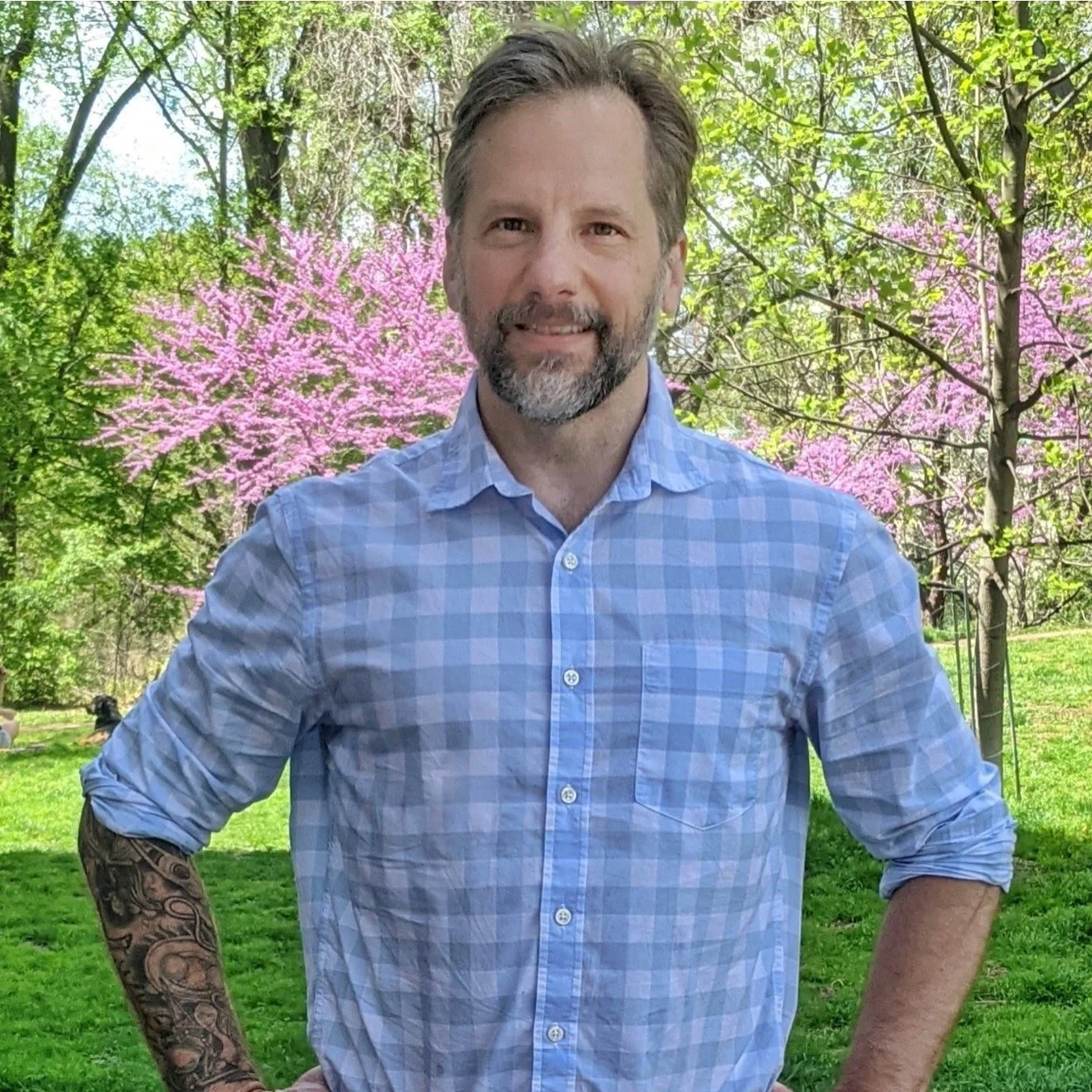Lifetime Financial has morphed into something more important to me. My wife, the mother of my two daughters, died from breast cancer in 2012. We spent the years before she passed travelling to over 40 countries with our young girls. It was financially risky, but we did it anyway. I would have a larger 401(k) now if we hadn’t, but who cares? We have stellar memories and stories with her. I’m trying to keep that ethos alive with clients. Last year I became a Registered Financial Life Planner with the Kinder Institute. I learned how to encourage clients to do fulfilling things they might otherwise have been afraid to do because of money fears. I still develop a safe, smart plan for retirement, but together the client and I find balance that leads to a flourishing life.
Lifetime Financial is a boutique financial planning service for non-profit professionals that want expert financial answers about retirement, college planning, investing, and insurance. Lifetime Financial helps you build the financial support to lead your best life.
Lifetime Financial LLC
7000 Carroll Ave Ste 201A
Takoma Park MD 20912
202-350-1515
Lifetime Financial Blog
Sign up to receive our newsletter featuring the latest post. We write on practical, thoughtful, well-sourced topics that apply to our clients written by David and other humans--not AI.
Thank you!
You have successfully joined the Lifetime Financial maillist. See you soon!











